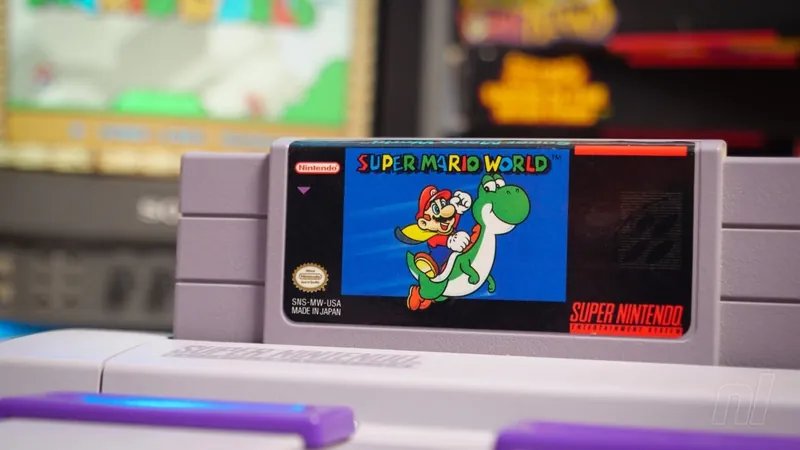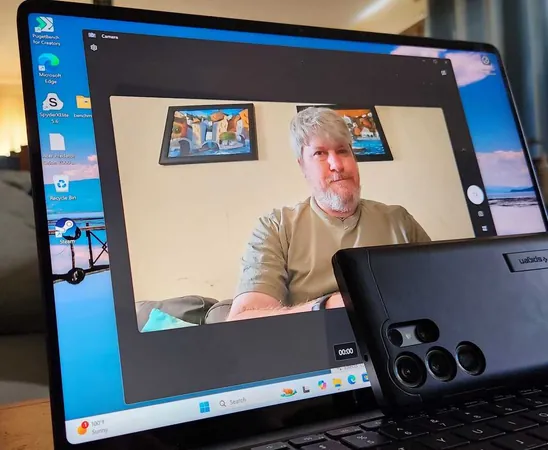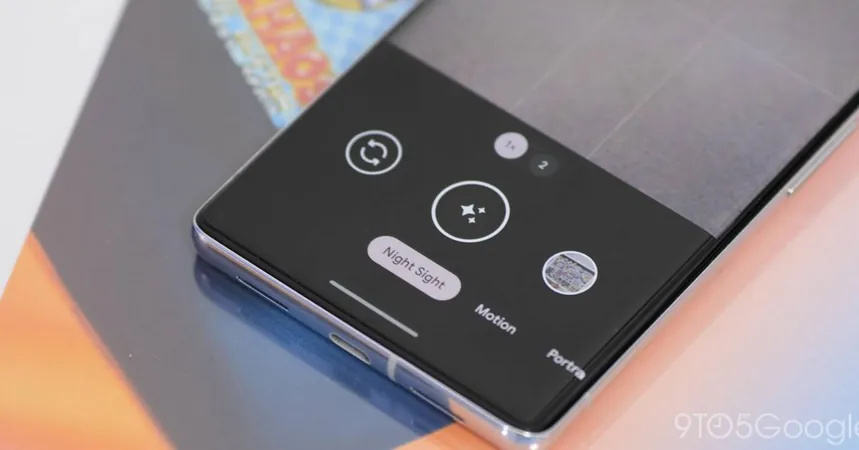
Is Nintendo’s Museum Running SNES Games on a Windows PC? The Legal Controversy Explained!
2024-10-15
Author: Ling
Recently, rumors have emerged suggesting that Nintendo’s museum might be using an emulator to run Super Nintendo Entertainment System (SNES) games on Windows PCs. But what does this mean for the gaming giant, and how does it relate to the legal intricacies surrounding emulation?
Emulation allows one computer system to mimic the functions of another. In Nintendo’s case, this could mean running its classic games on modern systems. However, this brings up questions regarding the licensing of the software used. Nintendo could be employing its proprietary emulator, but there's also the possibility that a third-party emulator is in play. If that’s the case, they might face legal repercussions since, often, open-source emulators come with licenses that limit their use in commercial environments—like a museum that charges admission.
Nintendo has made its stance very clear in the past; the company does not condone the use of emulators that facilitate piracy. High-profile shutdowns of emulators like Yuzu and Ryujinx highlight this commitment. While some claim that emulation promotes Nintendo’s brand, the company argues it undermines the value of their products and ultimately harms sales.
In an excerpt from their now-removed official stance, Nintendo expressed that emulators designed for playing pirated games threaten intellectual property rights. They stressed that while emulation might seem beneficial by introducing Nintendo games to a new audience, it actually encourages illegal downloads of ROMs rather than authentic game purchases.
Interestingly, some nuances in the law suggest that not all emulation is illegal. For instance, developing and using emulators based solely on original code—without copy-protected ROMs—could be considered legal under certain circumstances. However, this is a gray area that many choose to avoid navigating, given Nintendo's aggressive protection of its IP.
Historical documents revealed that Nintendo firmly believes making backup copies of games constitutes piracy, even though many fans argue that creating backups for personal use—especially for older systems like the NES—remains within legal boundaries due to the lack of effective copy protection mechanisms.
The bottom line? While the idea of Nintendo’s museum using a Windows PC to emulate SNES games may sound exciting, it opens a complex dialogue about legality, morality, and the future of gaming nostalgia. With ongoing debates and a backdrop of strict enforcement by Nintendo, the gaming world watches closely to see how these developments unfold.
Wondering how this could affect your favorite classic games? The ramifications might extend far beyond just Nintendo—potentially shaking the foundations of digital gaming preservation and accessibility! Stay tuned for more updates on this story as it develops.




 Brasil (PT)
Brasil (PT)
 Canada (EN)
Canada (EN)
 Chile (ES)
Chile (ES)
 España (ES)
España (ES)
 France (FR)
France (FR)
 Hong Kong (EN)
Hong Kong (EN)
 Italia (IT)
Italia (IT)
 日本 (JA)
日本 (JA)
 Magyarország (HU)
Magyarország (HU)
 Norge (NO)
Norge (NO)
 Polska (PL)
Polska (PL)
 Schweiz (DE)
Schweiz (DE)
 Singapore (EN)
Singapore (EN)
 Sverige (SV)
Sverige (SV)
 Suomi (FI)
Suomi (FI)
 Türkiye (TR)
Türkiye (TR)